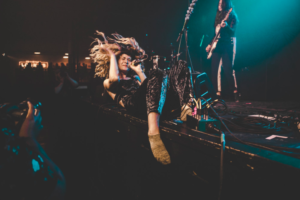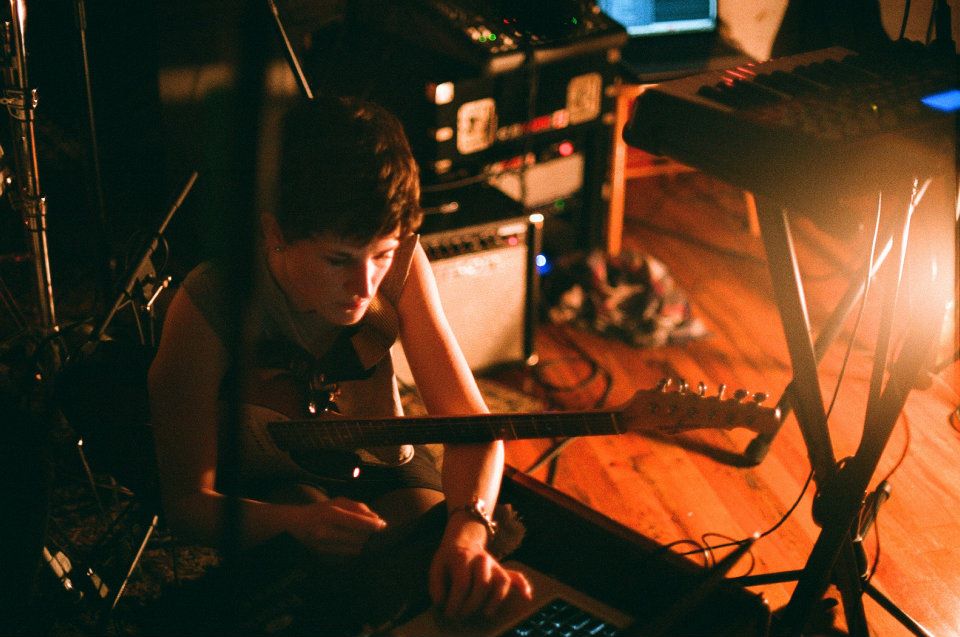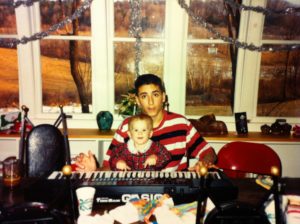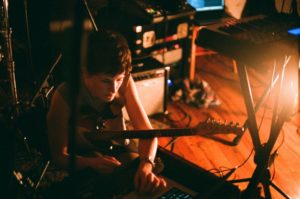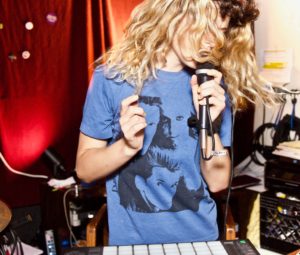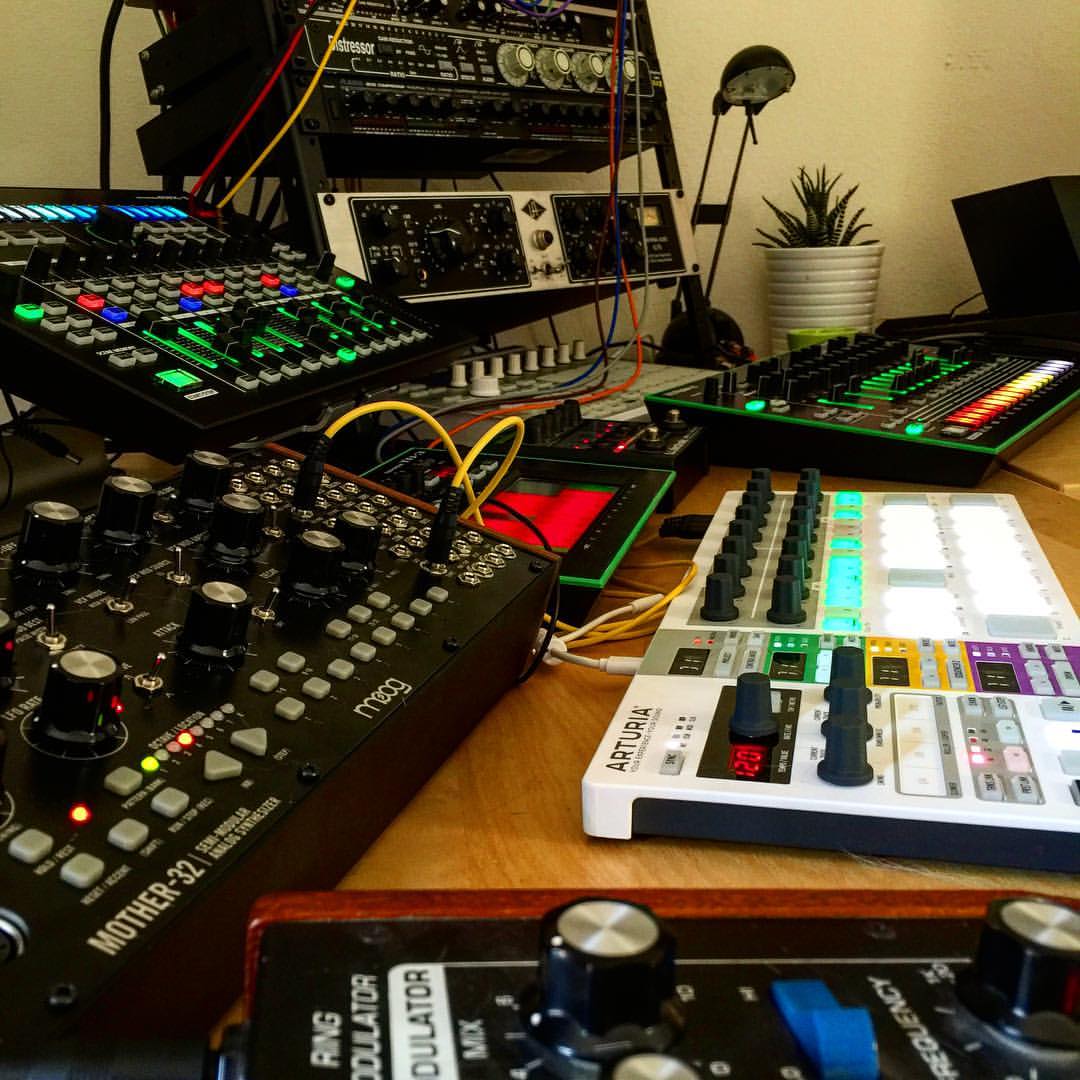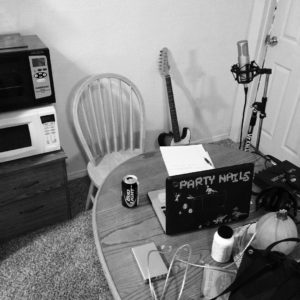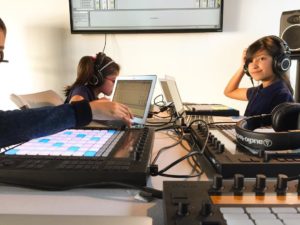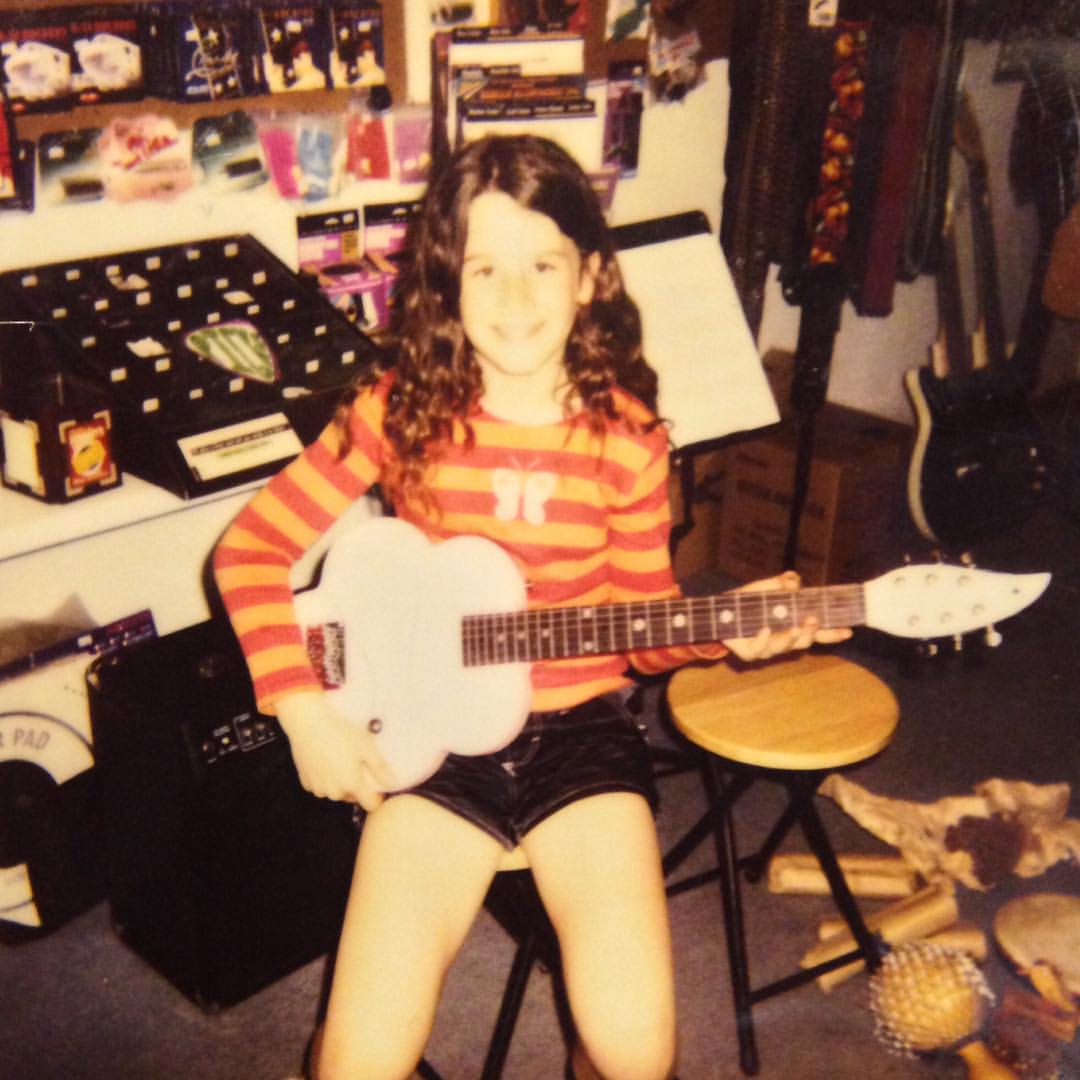
How Can I Get Started?
Music. How can I start being involved in music? I’ve been asked this in some form or another from time to time.
There are lots of things books don’t (or can’t) cover, which is what I’ve tried to talk about in this blog post. But still, it’s worth mentioning that there are tons of books that cover the topics of how to start a band, music business know-how, how to write songs, and how to engineer and mix for records and live settings. Read these books! Take classes on this stuff! Here are some books and courses that made a significant impact on me (you can find these online and at most community colleges):
- Hal Leonard Recording Method Books 1 + 2
- The Art of Mixing by David Gibson
- The Artist’s Way by Julia Cameron
- Music As Social Life by Thomas Turino
- Electronic Music Production (Intro to Ableton Live and Logic)
- Marketing 101
- Music Theory I-IV
But listen. There are no books or classes that are going to give you a clear idea of your path. Only YOU can know your path and the only way you can get to know it is to start following it. There will always be more paths to follow, I promise. So, perhaps the real question is, how can I start following my path? Well, here’s what I wish someone had told me. (Or maybe they did, and I was too busy to stop and listen…)
Step 1: Be Obsessed. I got started the way that a lot of musicians do, which is that I was totally enamored. Music. The people making it. The instruments and machines used to make it. Listening intently with my head next to my boombox. Reading every millimeter of CD inserts. Memorizing every word of every interview I could get my hands on.
I never for a moment worried that I would become sick of music. (There are bits and pieces of the industry that drive me nuts, but nothing that doesn’t all go back to issues with capitalism and the patriarchy.)
If music were your job, would you get sick of it?
Step 2: Commit. At some point, you commit to learning more. I picked up the viola in the 4th-grade orchestra. I learned my keys and scales and how to read music. Eventually, I picked up the guitar.
Then you make a commitment to practice. I committed myself to learn to use the guitar in all the ways I wanted to: as a songwriting tool, as an accompaniment to my voice, as an instrument for playing the work of prolific composers, as an essential part of pop and rock music. Practice in all of your free time. Do more of what you love.
Then you make a commitment to expand your knowledge and apply what skills you have. Pick up another instrument, go to music school, play in someone else’s band, intern at a studio, intern at a label, try producing beats and recording your friends, try making your own records and performing them and self-releasing them…
You plant a lot of seeds, and you want all of them to grow up to be big strong trees. But in life, there is always ebb and flow, and sometimes change flows through you without you realizing that it was coming at all. For example, I always wanted to be in a band, and I always thought I would be in a band. It took quite a bit of work, and practice, for me to understand what it means to be a solo artist and how much it truly suits my work style and personality and communication styles. Early on, I tried to have bands. But I didn’t really understand what it meant to be in a band and a bandleader, either! When things didn’t work out, I’d eventually find myself in another situation where I was trying to start a band. Long story short, I had to let go of that seed because it wasn’t really rooting. But another seed was starting to root, and I had to give it a chance at getting strong. I was initially lukewarm about the solo seed, but now I am happy to say I am currently nurturing my solo artist seedling, and it’s beginning to look like a tree!
In summary: Just start. Try harder than you think you can. Learn new stuff. Keep moving.
Step 3: Figure out what matters to you. In the same way, one plants lots of seeds with band configurations and playing instruments, one will do that with their relationship to record making. This stage of musicianship can really irk people. It can be very confusing to have spent most of your life honing your craft as a songwriter, or guitar player, or in a band with your friends, only to leave your first recording session with the feeling that none of your actual ideas got captured. Some version of them got recorded, but now it’s this whole other thing, it doesn’t sound like how we sound when we practice so what now? How do we get the sound that we want? And why do we need a recording anyway? What are we going to do with it again?
Making recordings is as complex as making music, and there are as many styles and applications as there are types of people. (Pair this with the process of marketing yourself, and you have a brain explosion of exponential proportions. Be prepared!)
Even musicians that loathe the recording process often end up making recordings, to help get gigs or just to share with their family and friends. Other musicians love the process but don’t care to become exceptionally good at it, and love experimenting with their growth and evolution as musicians through the medium of recording. Others make artistic statements, others tell stories, others play with sound and stylistic trends and shift cultural boundaries with their work that makes massive ripples. The level of engagement you want to have in your record-making process is totally and completely up to you! If you are interested in the whole process and want to be as involved as possible, you will also need to practice some patience–it’s going to take years to become a skilled expert at every aspect, and patience will help you get there gracefully. Again, do some reading and take some classes. But more importantly, try and learn from people that are already doing it! Watch YouTube videos by the pros, reach out to a recording studio or venue near you, see if you can intern or shadow someone. Be yourself. Be respectful. Be grateful. Stay in touch with people who make you better and treat you well.
Also, you don’t need to be “in the spotlight” if you don’t want to. There are tons of ways to be a musician and/or involved in music that doesn’t require you to be in the spotlight! Studio engineer, front of house engineer, producer, songwriter, instrumentalist, lyricist, arranger, artist manager, live production manager, label staff, A&R for brands.
Step 4: Fail. It’s essential to fail. Through failure, we learn almost everything we were unable to learn in the process of trying. Failure is a test of strength and quality. There is never one way to make your statement as an artist; there is never one way to produce a record, there is never one way to prepare a space for live sound, there is never one way to make something work. Through failure, you will learn everything you (unwittingly) refused to learn the easy way. It’s okay to be wrong. It’s okay to try something another way. It’s okay to admit that it wasn’t your best effort. Even when you have “succeeded” you will fail again, though hopefully with more grace than the first couple times.
Failure is like heartbreak: nothing but time can ease the pain. I’m sorry. Someone had to tell you, and it might as well be me.
Step 5: Return to Step 1
It’s okay to try again! Horseback riders know that when a horse bucks them off that it is imperative that they get back on immediately. They know that if they think too much about the scary feeling of getting bucked off, they will never get back on. Be a horseback rider.
Closing Statement:
Ultimately, to be a musician means bringing music into your life in some way. If you want it to be how you make your living, then it’s going to occupy most of your life. So do yourself a favor and put in some real effort, because you’re the person that’s going to have to deal with you later on! Practice, ask questions, try, embarrass yourself, get better, ALWAYS understand that you can grow and get better, pay your dues, treat other people with respect, keep moving no matter what. As a very wise friend always says to his students: “You get good at what you do.”
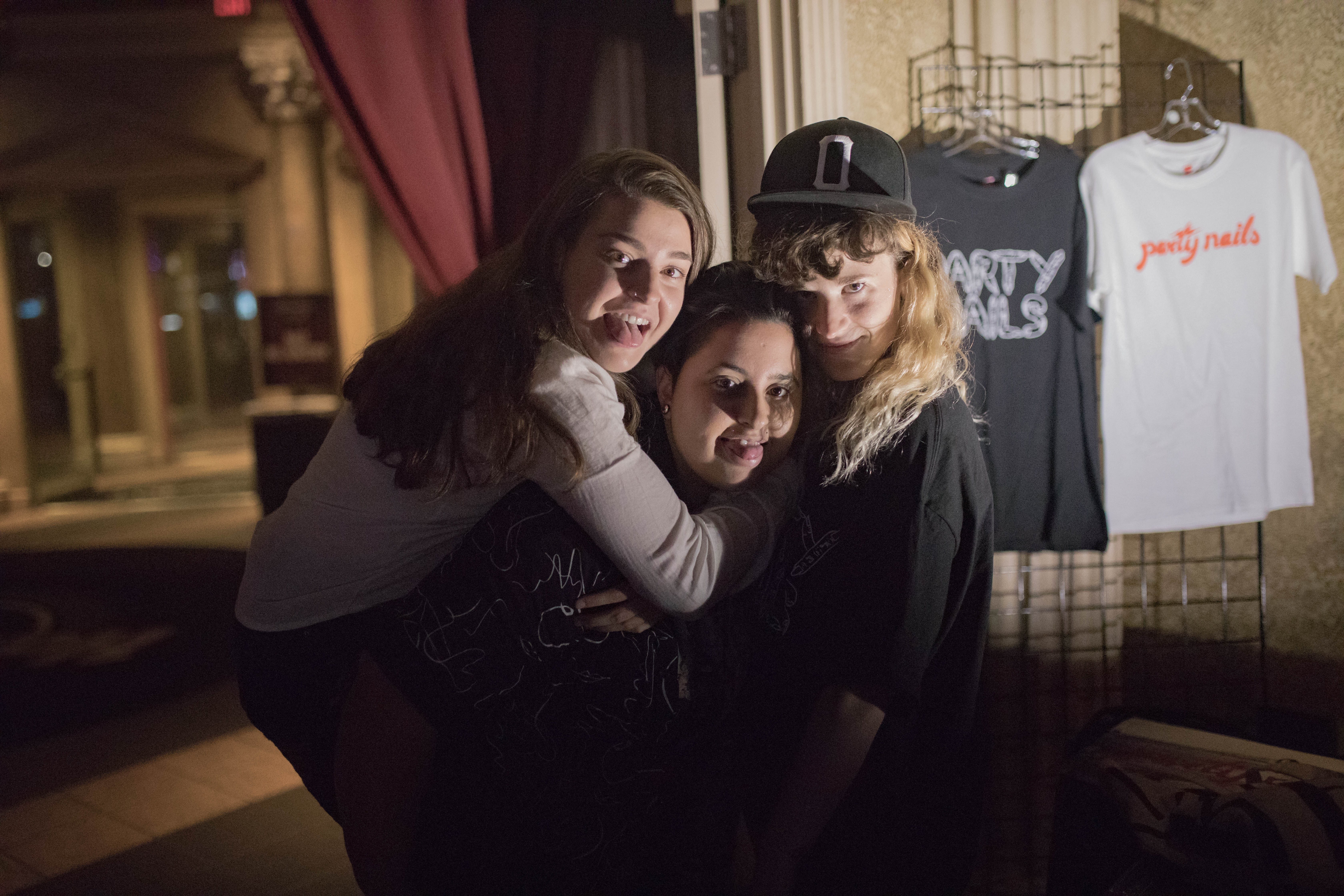
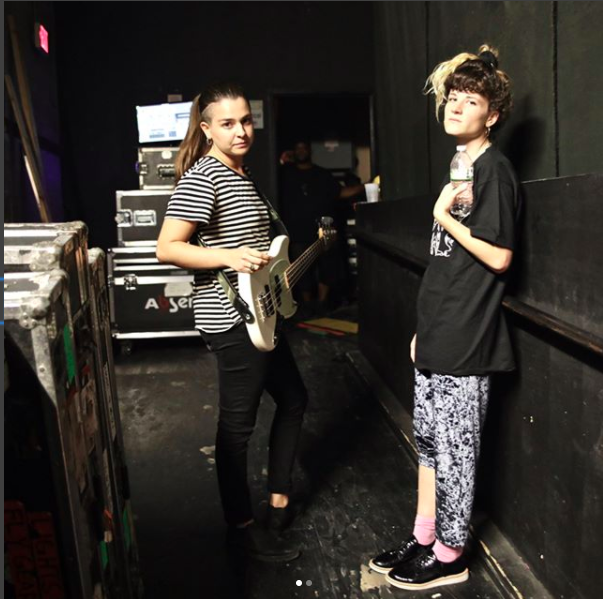
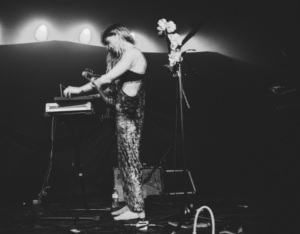 So how did My World and Bass World pull it off?
So how did My World and Bass World pull it off?